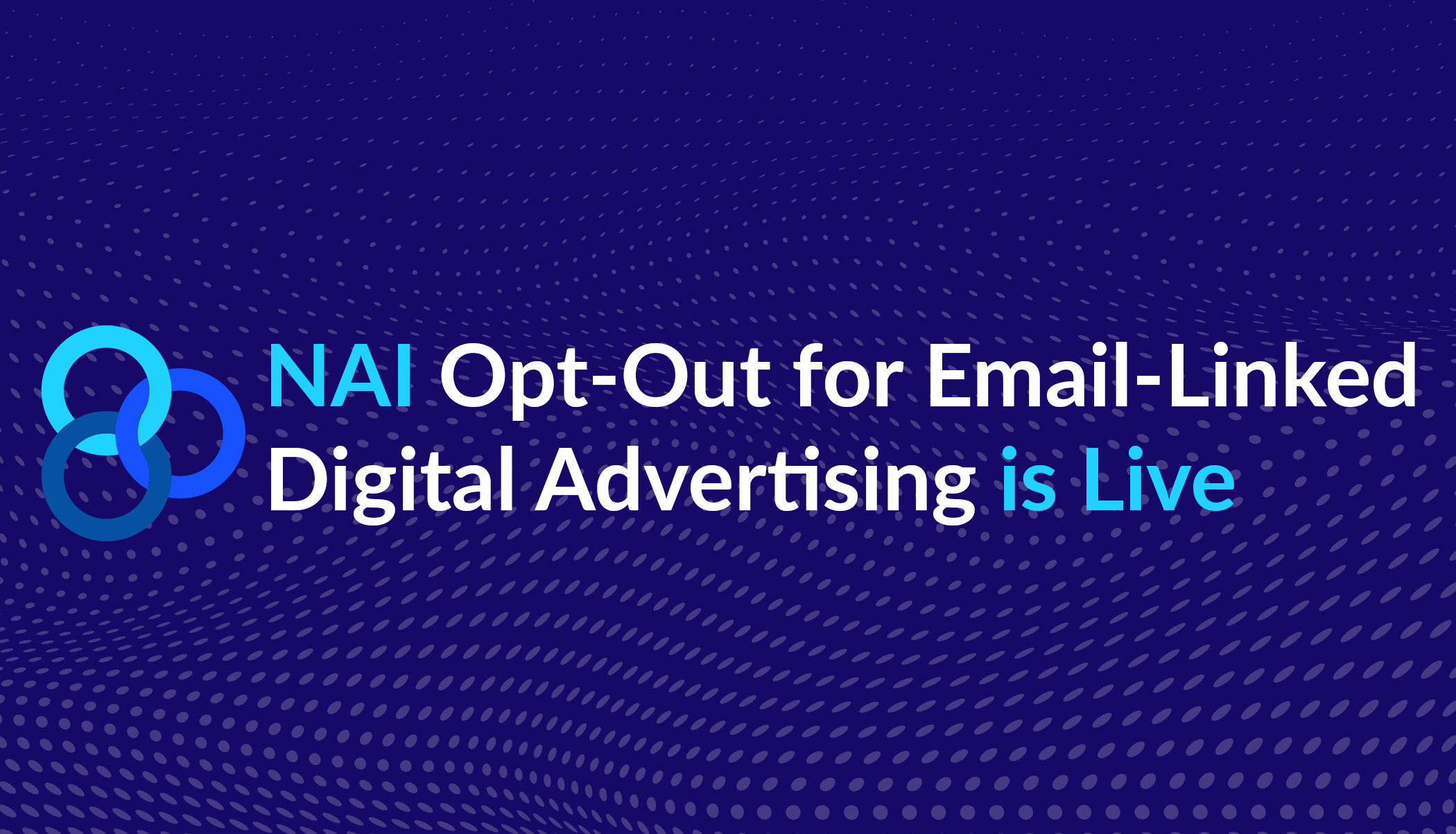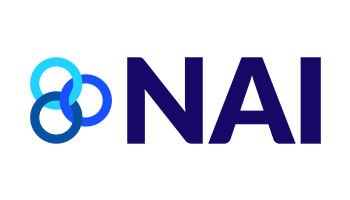Looking Back at Yesterday’s Hearing, Looking Forward to our Summit
Yesterday afternoon, I attended the Senate Commerce Committee hearing titled “A Status Update on the Development of Voluntary Do-Not-Track Standards.” The four witnesses at the hearing were Lou Mastria, Managing Director of the DAA, Harvey Anderson of Mozilla, Justin Brookman of CDT, and Adam Thierer. You can find their testimony on the Senate Commerce Committee website. The hearing addressed a number of issues beyond Do-Not-Track that are important for NAI members, including the value of self-regulation, the need for enforcement to back up self-regulation, consumer privacy, the so-called technology arms race with browsers, the future of the dynamic ad-supported Internet, third-party cookies, the need to support small business, and competition.
In total, seven Senators participated in the hearing yesterday. Chairman Rockefeller called for “Do-Not-Track to become a reality” and supported the efforts of browsers to take measures to protect consumer privacy. Senator Blumenfield echoed the Chairman’s statements about Do-Not-Track and the potential need for legislation. Ranking Member Thune highlighted the positive economic impact and value of the digital economy. Interestingly, Senator Thune specifically noted that contextual advertising may work well for some websites, but may not work for other websites — a critical detail that is often overlooked. He further expressed deep concern about the impact of Do-Not-Track and other policies on smaller publishers, innovation, and online businesses. Senator McCaskill also passionately affirmed that “[w]e don’t want to end up with one, two or three giant companies on the Internet without any of the little guys.” During his remarks, Senator Heller cautioned that any Do-Not-Track policy “must not pick winners and losers” and should not “pick business models.” In addition, Senator Heller asked about the use of PII for interest-based advertising, taking information directly from NAI’s 2012 Compliance Report that found that no NAI evaluated members intentionally collects PII for interest-based adverting. He contrasted that with other advertising business models that rely on the use of PII.
Mastria’s testimony highlighted the success of self-regulation for interest-based advertising, explained the commitment made by the DAA to extend industry choice mechanisms to include browser-based signals, expressed concerns about recent actions by Microsoft and Mozilla, and discussed the critical role and value of third parties in the online advertising ecosystem. The written testimony also showcased the role of NAI in bringing accountability to self-regulation, noting that “In addition to the oversight provided by the CBBB and DMA compliance programs, the NAI also has a strong compliance program. The NAI compliance program includes pre-certification reviews, ongoing technical monitoring of member companies’ opt-out scripts, annual compliance reviews, mechanisms for accepting and investigating complaints alleging non-compliance, and annual reporting.”
There was a vigorous and healthy debate during the question and answer session that I won’t attempt to summarize here. Questions were raised about what consumers understand and want, consumer harm, the distinction between first and third parties, the role of W3C, and the need for legislation. Notably, Senator McCaskill repeated her concern that we may be engaged in a competitive battle between “big versus little,” “browsers versus advertisers,” and “first parties versus third parties.” She cautioned against creating competitive disadvantages for small online businesses who one day hope to be the next big success on the Internet. That sentiment was shared by many. Moreover, it seemed to me that everyone cares about consumer privacy, but there are genuine disagreements on the core problems and appropriate solutions. I know that NAI and our membership care deeply about consumer privacy and work hard to develop, implement, and honor high standards every day. It’s an ongoing process and we are committed to robust enforcement and expanding our Code of Conduct to cover evolving technologies, business models, and policy developments.
Importantly, the topics addressed at yesterday’s Senate hearing are the very same issues that we will be examining at the NAI Member Summit on May 21 in New York City. I strongly encourage every NAI member company to send at least one representative to the Summit and actively engage in this timely debate. These challenging issues will impact every third-party advertising company and intermediary in the ecosystem. Together we will explore the possible ramifications of future changes in the digital landscape and thoughtfully evaluate potential solutions and responsible responses. Please join us.








